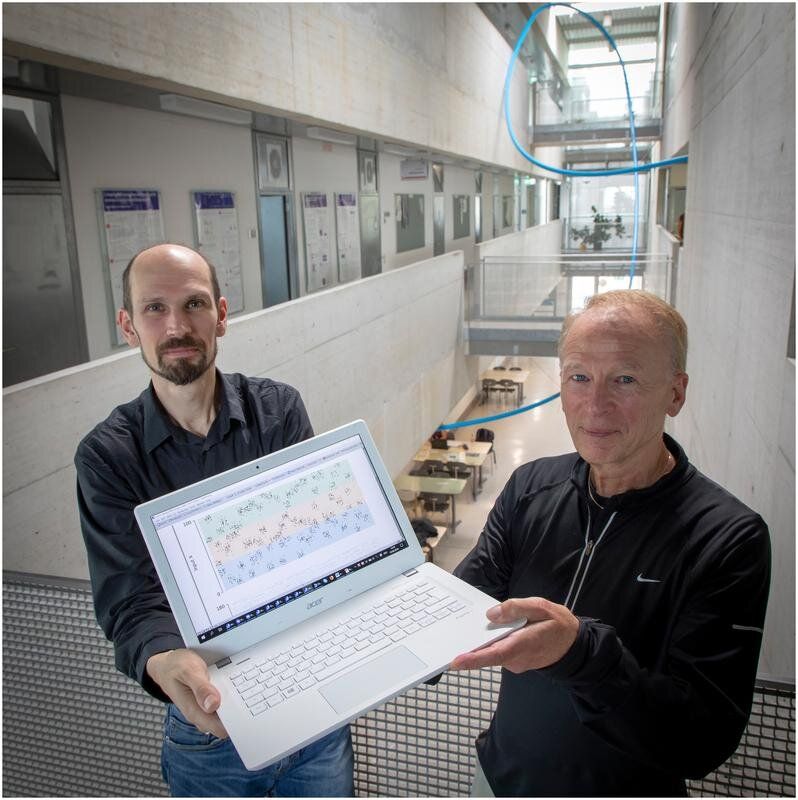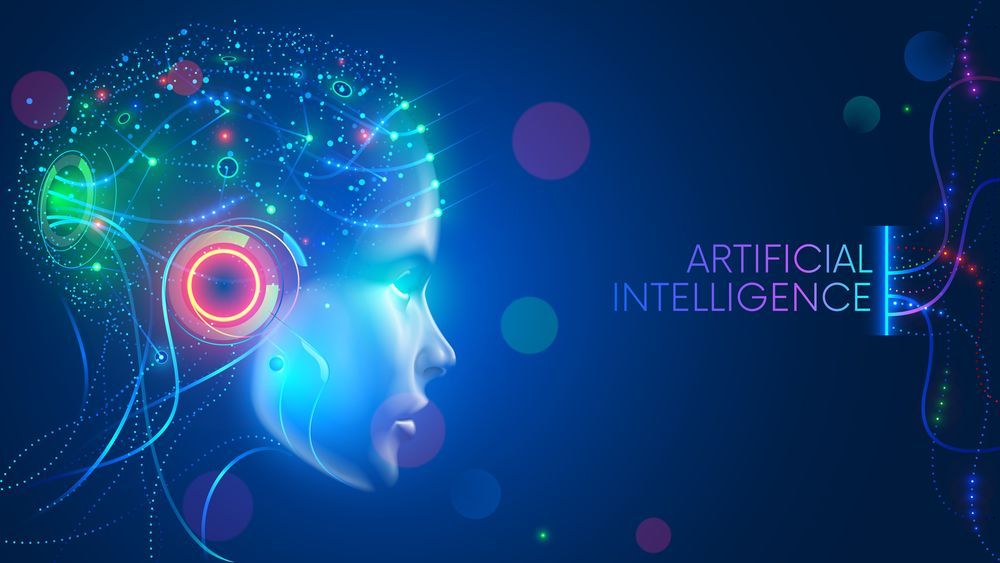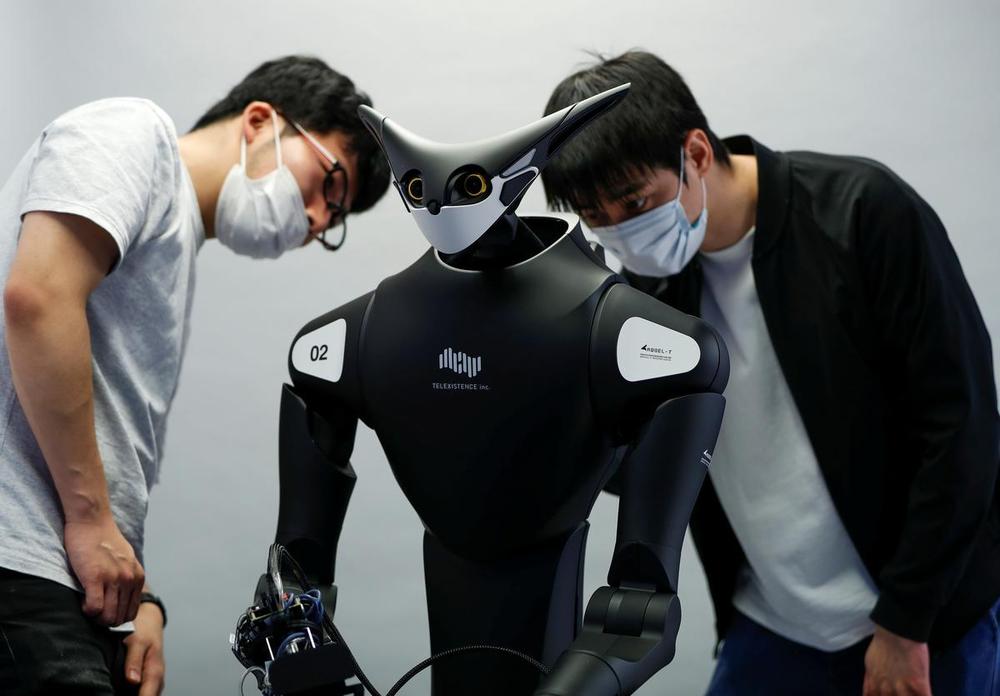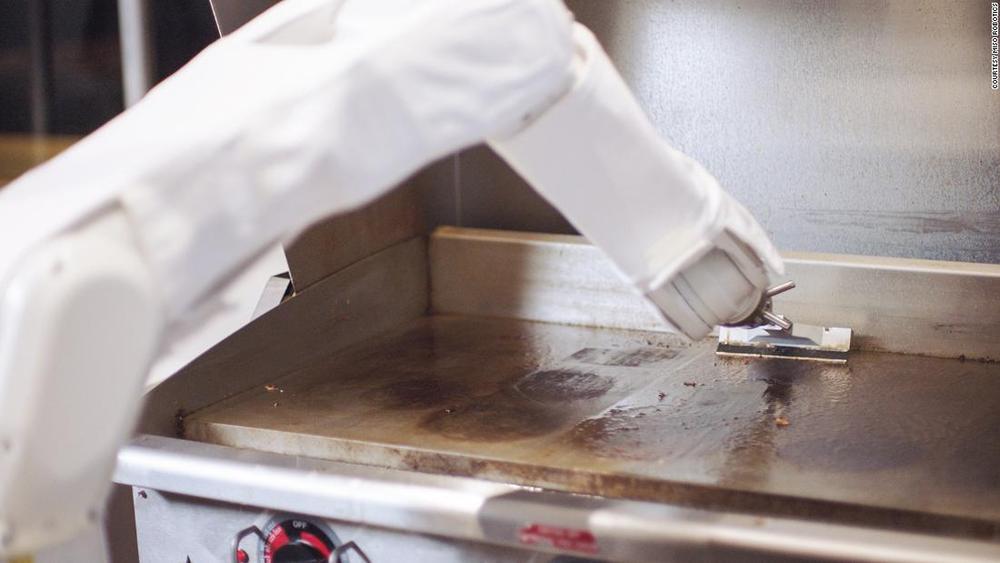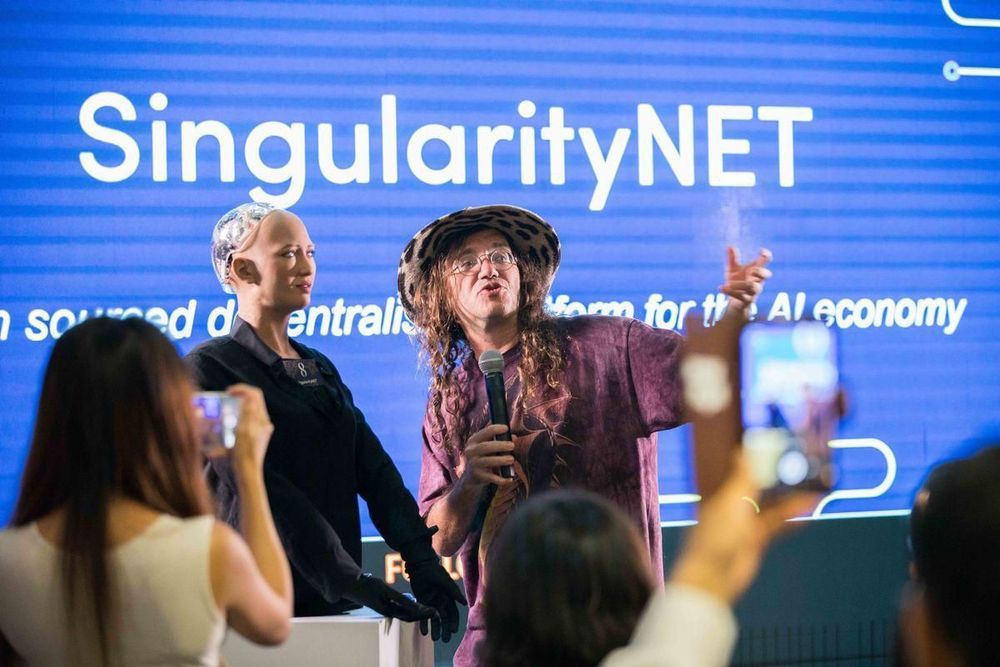Google’s Arts and Culture vertical has been known to release fun apps and tools to help people engage with art and history. In 2018, it launched a feature to let you find your fine art doppelganger by taking a selfie, and more recently it added ways for you to apply filters to your photos to take on the style of masters like Van Gogh or Da Vinci. Now, the company is launching a web-based AI tool to let users interact with ancient Egyptian hieroglyphs and also help researchers decode the symbols with machine learning. It’s called Fabricius, named after the “father of epigraphy, the study of ancient inscriptions,” according to Google, and will let you send roughly translated messages in hieroglyphs to your friends.
Fabricius has three sections: Learn, Play and Work. In the first part, you go through a quick six-stage course that introduces you to the history and study of hieroglyphs. There are activities here that include tracing and drawing a symbol, with machine learning analyzing your drawings to see how accurate you were. For example, my drawing of an Ankh symbol after having seen it for five seconds was determined to be 100 percent correct, while my attempt at a sceptre was deemed 98 percent accurate.

